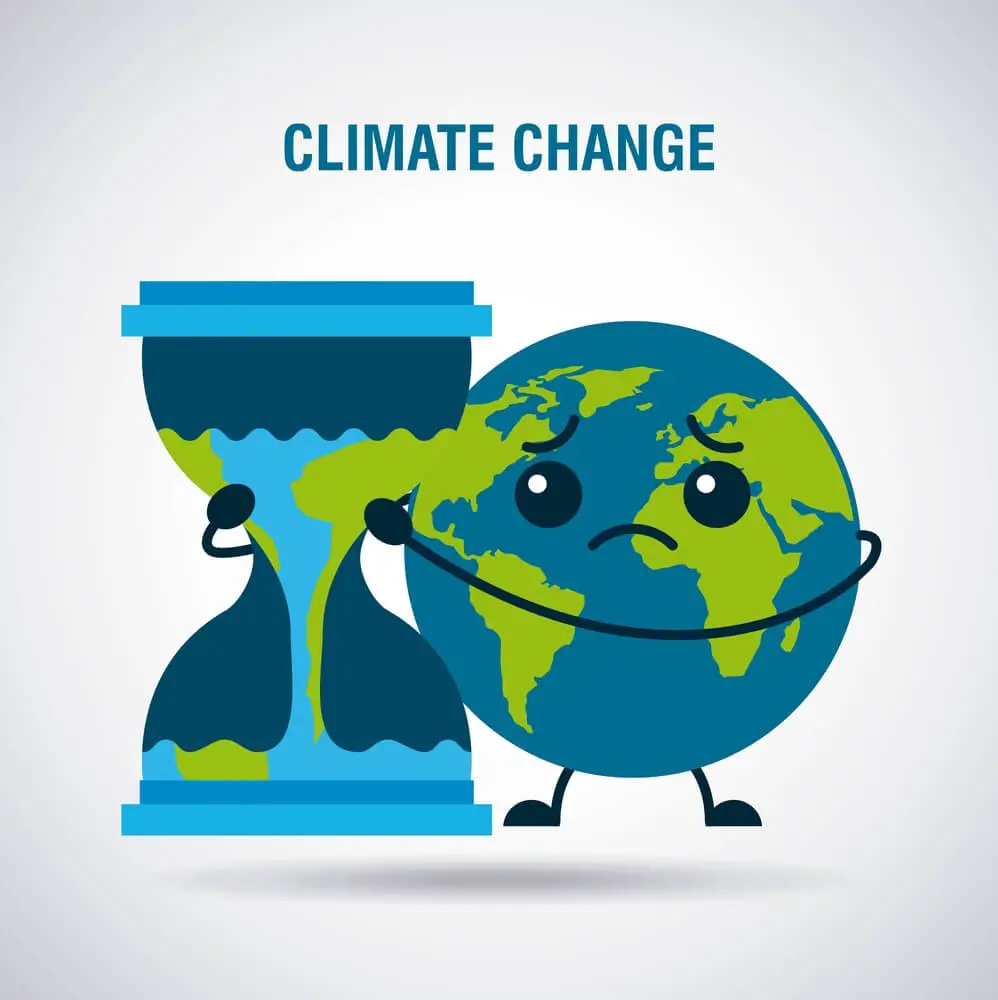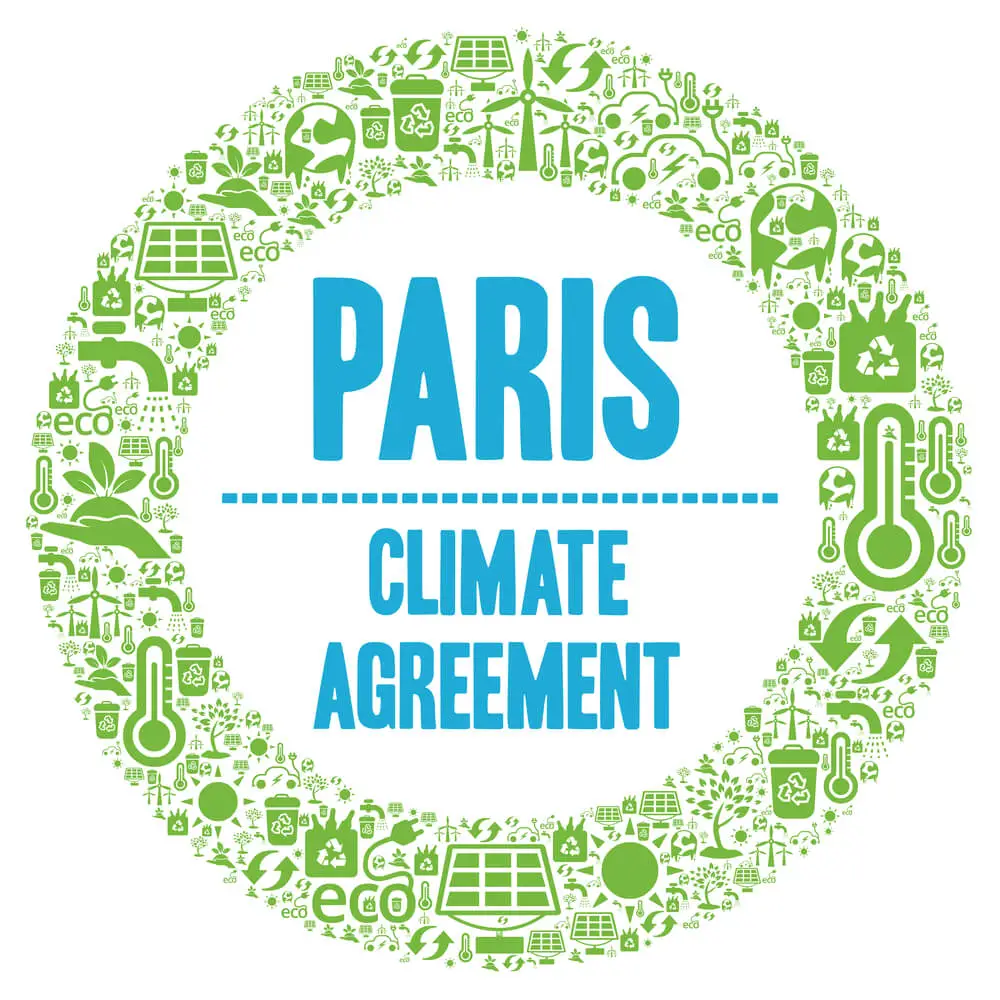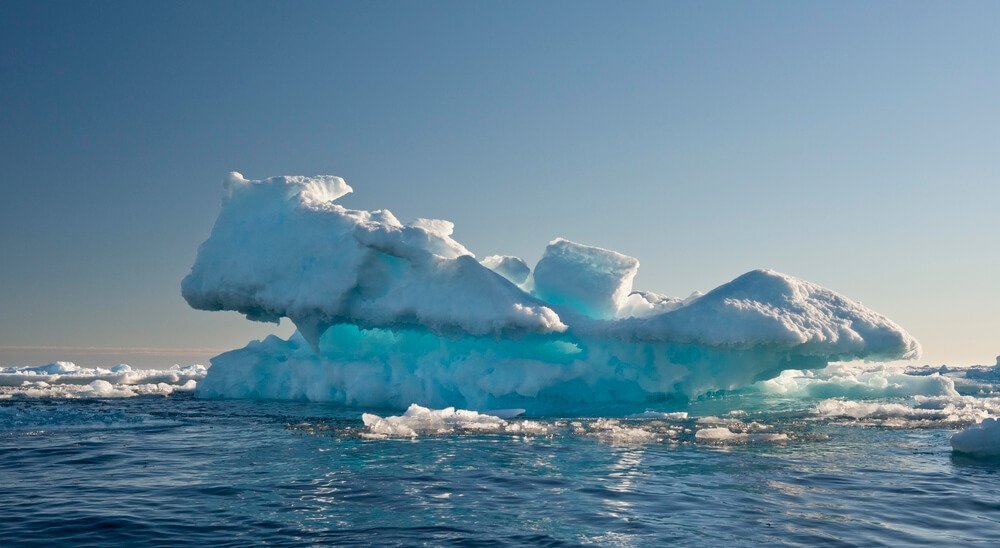Earth Overshoot Day is the date each year when we have used more from nature than it can possibly renew in the entire year.
A scary fact is that this date changes each year.
It gets earlier and earlier due to the fact that we are using Earth’s natural resources faster and faster without regard as to how our actions affect not only the Earth’s future but also our own.
We need to create and utilize solid plans and actions that we turn into habits each day to mitigate climate change.
By doing this, we can push Earth Overshoot Day further back in the year.
Taking a look at your daily activities in these areas can help reduce your carbon footprint:
- Energy conservation
- Eating habits
- Mindful shopping
- Changing your commute
- Advocacy and voting
So, let’s get down to it.
Here are the 6 ways to combat climate change from an individual standpoint.
ENERGY CONSERVATION
There are two things to consider when attempting to conserve energy in your living space.
Not only will conserving energy help mitigate the adverse effects you are having on the environment, but it will also save you money.
It is incredibly easy to change out a couple of our different habits each day to lessen the damage we are inflicting on the ozone layer.
Here are some things we can change to conserve energy in our living spaces:
- Change lights to LED
- Use smart power strips
- Get a clean energy audit
SWITCH TO LED LIGHTS
Why would you not change your household lights to LED lights if you knew it would save you money, benefit the environment, and improve light productivity? Switching to LED lights provides you with long-term benefits for your household and the Earth that it sits on.
USE SMART POWER STRIPS
Smart power strips protect your wallet, your devices, and the environment all at once.
Smart power strips detect when a device is in standby mode and automatically cuts off power to save energy, which drastically reduces your energy usage.
This, in turn, will reduce your energy bills, too.
GET A CLEAN ENERGY AUDIT
A home energy audit gives you a comprehensive overview of your house’s energy and which areas of our house you can prioritize to fix and make more energy-efficient.
EATING HABITS
There are minor changes we can make in our diets that will collectively, over time, make a big difference in the amount of carbon emission the food industry gives off.
The primary switch that individuals need to make is a switch to a more plant-based diet.
A couple of personal changes we can make in our diets include:
- Eliminate food waste
- Eat a plant-based diet
- Shop for local foods
ELIMINATE FOOD WASTE
Many people don’t even realize the amount of food waste they throw away each day.
I know I didn’t until it was brought to my attention. Honestly, I was embarrassed by the amount.
I have a habit of taking a portion more significant than I can stomach.
Not only could I be providing multiple other people with food each year with the amount I waste, but I could also be saving resources for the future.
EAT A PLANT-BASED DIET
Promoting a plant-based diet helps save lives as well as the planet.
Unhealthy diets are the most significant global burden of disease.
Eating a plant-based diet instead of animal products could prevent millions of premature deaths.
It also reduces the impact that humans have on the environment.
According to the Physicians Committee for Responsible Medicine, food production is responsible for 30 percent of total greenhouse emissions, and animal products account for the majority of them.
SHOP FOR LOCAL FOODS
Shopping locally cuts down on carbon emissions, thus reducing the effects that lead to climate change.
The food you are purchasing from local grocers is not having to be transported hundreds of thousands of miles to reach your dinner table.
MINDFUL SHOPPING
The production of fashion accounts for about 10 percent of the world’s carbon emissions.
The market for buying clothes that are “in-style” seems to be growing each year exponentially, but it is at the cost of the environment.
As brands attempt to push out more and more collections to keep up with the ever-changing trends, the landfills gain more and more disposals of clothes.
To lessen the load of the fashion industry on the environment, try out these simple yet impactful changes to your shopping habits:
- Buy less
- Buy used
- Donate your clothes
BUY LESS
More times than I can count, I have arrived home after shopping for some new clothes and regretted half of the items I bought.
We live in a world where consumption is king.
Everywhere we look, we see advertisements for the new devices, styles, and appliances we need – or think we need.
Think before you buy. You can save your money, time, and planet by simply putting back items and choosing to buy less.
BUY USED
Thankfully, thrift shopping has come back into style.
Finding that cool band tee or old mom jeans is not only good for your pockets, but it is also good for the planet.
DONATE YOUR CLOTHES
When you decide to donate your clothes, you are saving the planet from years of harm.
Not only are you keeping offensive materials that makeup clothes out of the landfills, but you are also helping disaster victims, underprivileged people, and children in need of clothing.
CHANGE UP YOUR COMMUTE
Commuting to and from work is stressful.
There are ways around the stress of the experience that can also help promote environmental health.
Practicing a more sustainable commute rather than driving your car each day can boost your health and save you money, too!
These are a couple of commuting options to look into in your town:
- Commute by bike
- Take public transit
- Carpool
COMMUTE BY BIKE
Cities are starting to get the hint that people want change.
Their citizens want more viable ways to keep our environment healthy.
Due to citizens advocating for more healthy and sustainable options, bike lanes are becoming more prominent.
Riding your bike to work promotes your health, saves you money, and brightens up your morning and afternoon commutes.
TAKE PUBLIC TRANSIT
Public transportation use is one of the most effective ways individuals can cut back on their carbon footprint.
By choosing to take public transit and making it a habit, you can reduce fuel dependency, congestion in cities, and air pollution.
CARPOOL
Sitting in my car all alone on my way to work in the morning can grow tiresome.
I listen to podcasts just to wake myself up and have the chance of hearing conversation before a stressful day at work ensues.
A better alternative is to find people that work and live near you and carpool in the morning.
It promotes healthy conversation and reduces the amount of fossil fuel usage.
ADVOCACY AND VOTING
Advocating for laws to include more sustainable practices among corporations and government agencies is the most important way that you, as an individual, can genuinely implement change.
Whether you contribute a few hours a week to advocacy or make it your career, you can make a difference in your community and beyond through these different actions:
- Participate in the Democratic process
- Support climate change publications
- Attend community meetings
PARTICIPATE IN THE DEMOCRATIC PROCESS
If you care about the environment – whether you like going out on multi-day hikes or just enjoy a fresh breath of air while you walk through your neighborhood – you need to pay attention to all forms of government and use your rights to vote for those who share your environmental beliefs.
SUPPORT CLIMATE CHANGE PUBLICATIONS
We must support publications that collect data and research from climate scientists worldwide to keep up with the latest news and knowledge that is being sourced from experts.
ATTEND COMMUNITY MEETINGS
Keeping track of how your own community is handling its sustainability and environmental issues is essential to the health and well-being of your community.
Advocate for the issues you want to be solved and meet the community leaders to know who to vote for when the time comes.
INDIVIDUALS MAKE THE FIRST STEP IN SOLVING CLIMATE CHANGE
Stop blaming the government and other people for the climate crisis we are facing.
Get out and make a difference by implementing these minor differences in your life to take a step in the right direction of promoting the environment.





